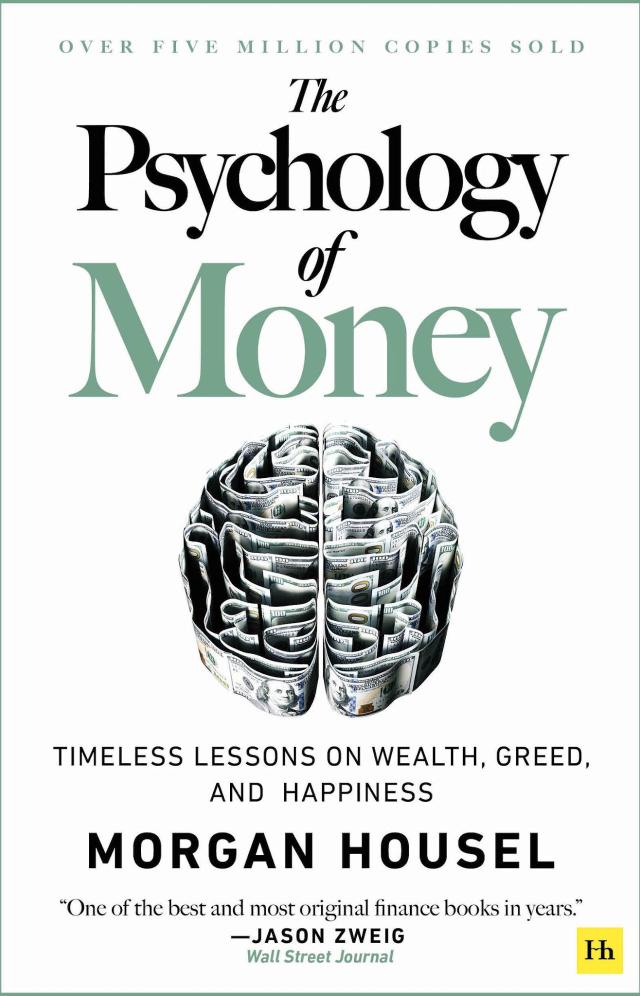
Not only are Morgan Housel’s ideas good for financial concepts, they also really apply to homeschooling as well!
“The hardest financial skill is getting the goalpost to stop moving.”
Not only is this true of finances, but it’s true with homeschooling as well. At what point can we be satisfied with what we’ve done and what we’ve accomplished?
“Life isn’t any fun without a sense of enough. Happiness, as it’s said, is just results minus expectations.”–Morgan Housel
“His skill is investing, but his secret is time.”
With homeschooling, as with early investing, time is on our side. We can work at small incremental rates, but when we’ve given ourselves a lot of time, the results will be striking. Morgan Housel explained further:
“I have heard many people say the first time they saw a compound interest table—or one of those stories about how much more you’d have for retirement if you began saving in your 20s >versus your 30s—changed their life. But it probably didn’t. What it likely did was surprise them, because the results intuitively didn’t seem right. Linear thinking is so much more >intuitive than exponential thinking.”
“Having more control over your time and options is becoming one of the most valuable currencies in the world.”
This is one of my main motivations to homeschool: the chance to have flexibility in how we use our time. We can study early in the morning or late in the evening. We can study in the summer and over the holiday break. We can go as fast as we want through a textbook. This is extremely valuable to me.
Aim for Moderation
Morgan Housel cautions all of us to be cautious in our planning. We may not want to live at the extremes.
“Aiming, at every point in your working life, to have moderate annual savings, moderate free time, no more than a moderate commute, and at least moderate time with your family, > increases the odds of being able to stick with a plan and avoid regret than if any one of those things fall to the extreme sides of the spectrum.”
“I can’t tell you!”
The quote that most reminded me of my perspective on homeschooling is this one:
“I can’t tell you what to do with your money, because I don’t know you. I don’t know what you want. I don’t know when you want it. I don’t know why you want it. So I’m not going to tell you what to do with your money.” Morgan Housel
I love this because it emphasizes the individuality that is inherent in our financial patterns. My observations about my own experiences homeschooling teach me that what I do may not be good for other people to do because they may not have the same goals and desires that I have. They might not be happy prepping for AP tests. They might prefer to spend more time on history. I constantly remind myself as a homeschooler to avoid comparison.